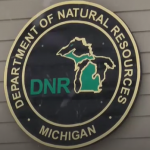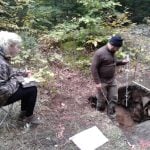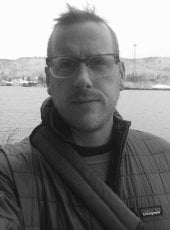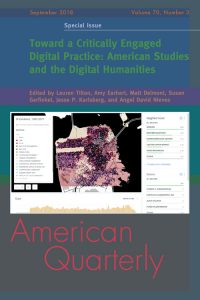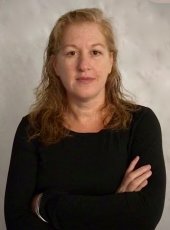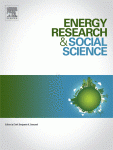 Erin Pischke (PhD EEP alumnus), Barry Solomon (Professor Emeritus) , and Adam Wellstead (SS) along with Alberto Acevedo, Amarella Eastmond, Fernando De Oliveira, Suani Coelho, Oswaldo Lucon recently published an article From Kyoto to Paris: Measuring Renewable Energy Policy Regimes in Argentina, Brazil, Canada, Mexico and the United States in Energy Research & Social Science journal where they investigate the central research question: How do we measure the national and subnational policy output of existing renewable energy policies in order to assess how they broadly address climate change?
Erin Pischke (PhD EEP alumnus), Barry Solomon (Professor Emeritus) , and Adam Wellstead (SS) along with Alberto Acevedo, Amarella Eastmond, Fernando De Oliveira, Suani Coelho, Oswaldo Lucon recently published an article From Kyoto to Paris: Measuring Renewable Energy Policy Regimes in Argentina, Brazil, Canada, Mexico and the United States in Energy Research & Social Science journal where they investigate the central research question: How do we measure the national and subnational policy output of existing renewable energy policies in order to assess how they broadly address climate change?

